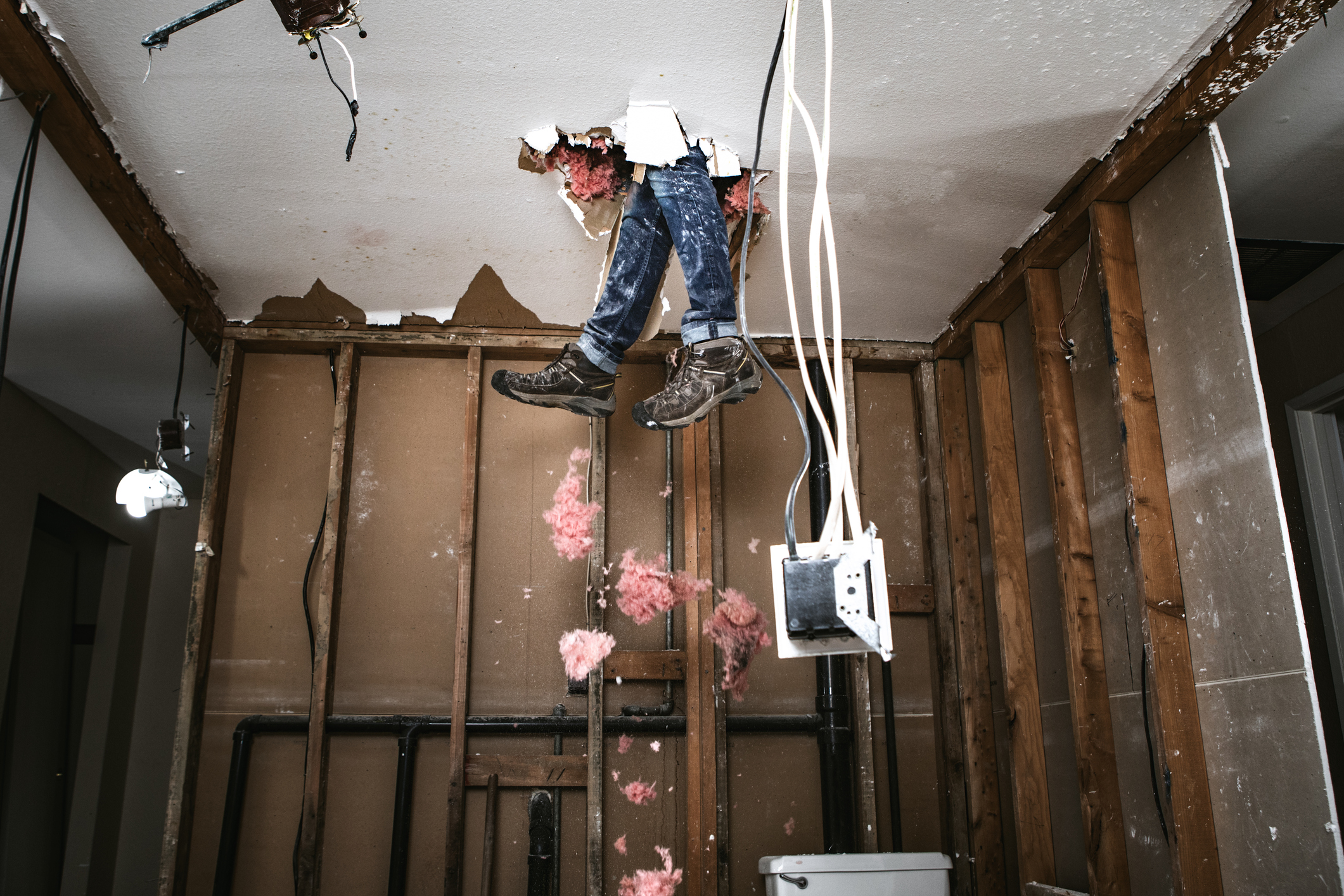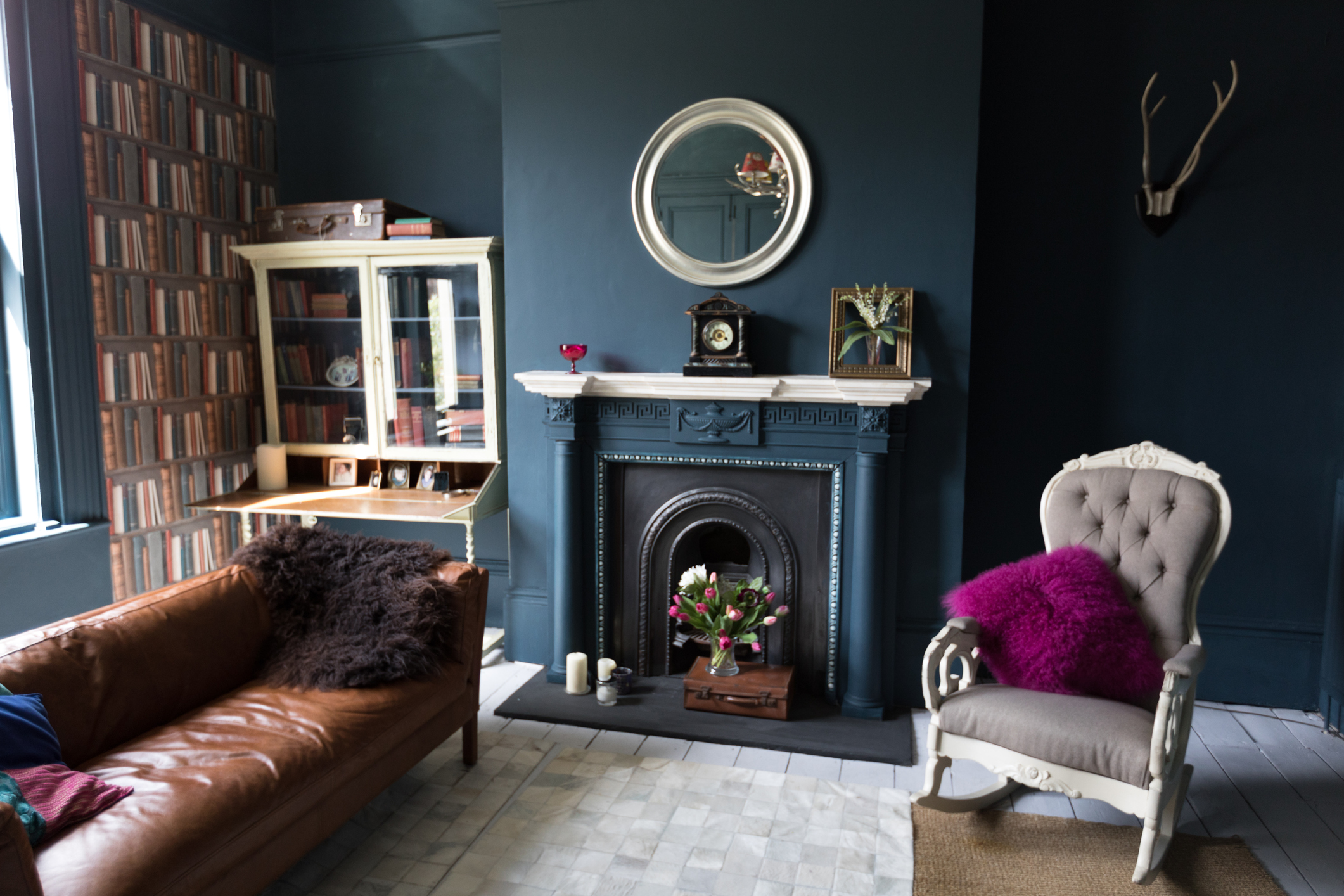Purchasing in the Bayside area – South Melbourne, Albert Park, Port Melbourne and Middle Park – is a very exciting prospect. The proximity to the city, beach and parklands makes the area one of the most desirable in Melbourne.
In terms of renovations, let’s consider the housing stock available. Properties can vary from immaculately renovated late 19th Century mansions (such as St Vincent Place) through to small, unrenovated worker’s cottages in South Melbourne, Port Melbourne and some parts of Albert Park. As well there are many residences constructed pre and post-1900 that were renovated in the 1970s, ‘80s and ‘90s – which may not be as functional and aesthetically pleasing as a contemporary fit-out.
In a number of instances, the property will be in need of expert assessment and planning to both correct hidden faults, through to creating the space and comfort expected of modern living. A house built from the 1880s to the 1920s lacks a considerable number of modern amenities when unrenovated. Rising damp, lack of insulation, the need to re-stump foundations, roof replacements are just some of the issues.
But then there is also the opportunity to restore an older property to its former glory. Ironwork, external moldings, internal solid plastering, tiling and fine glass will all add authenticity and value to your newly purchased property. This is the time to do your research and decide whether to hire an architect and builders or whether you can put your own renovation skills to good use. It may be best to combine all sets of skills for the best result.

The first action should be to engage a suitably qualified architect with a proven track record in both domestic construction and heritage restoration. Add to this a thorough knowledge of older building methods, materials and utility provision – plumbing and electricity.
Many older buildings – those built pre-1900 – were constructed on ‘floating foundations’ of bluestone lintels, laid flat on a sand base. The depth was sometimes less than half a metre. Such buildings ‘move’ causing cracking and damage to solid plastering, brickwork and masonry.
Andrew Fedorowicz, a fellow of the Australian Institute of Architects, suggests the important changes to a building built over 100 years ago today are basic and fundamental. Structural integrity, functional foundations, the treatment of rising damp, electricals, plumbing and roofing integrity must be considered prior to cosmetic and external changes and renovations.
From the 1940s onwards, many homes in the Bayside area west of St Kilda were purchased by migrants especially during the 1950s and 1960s. The fashion decreed the removal of external iron lacework, ornate plasterwork, older polished timbers, tiling and cast-iron fences. Now a new generation of property owners wish to restore these features yet enjoy the space and comfort of modern living – climate control, indoor/outdoor alfresco lifestyles, effective lighting, insulation and noise reduction – all within a fully landscaped block, front and rear, in keeping with the style of the property.
An architect-designed plan will take all of these issues into consideration and will create the home, the lifestyle and the space you desire. Most importantly it will add immense value to your property whilst providing you with years of enjoyment to come. It’s worth it and it’s rewarding.
Beautiful heritage homes never go out of style.
By Michael Nelthorpe

06 September 2019
Chris Ott delivers beautiful, compelling imagery for our properties time and time again.

